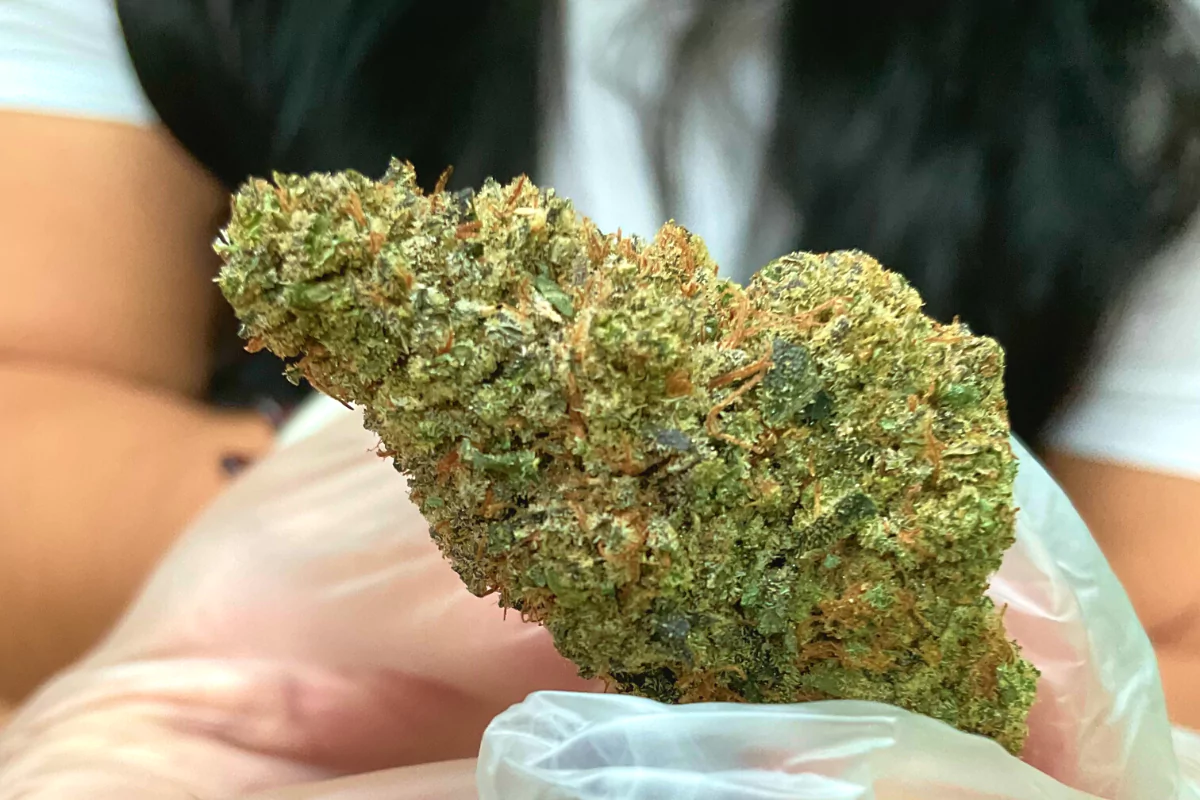Ambiguity looms around governing oversight in the fast-growing delta 8 THC cannabis industry. The 2018 Farm Bill legalized hemp and its natural derivatives federally while not specifying the status of semi-synthetically made compounds like delta 8 requiring conversion from legal precursors like CBD isolate. This legislative gray area led certain states to ban or restrict retail Delta 8 sales as illicit controlled substances. Other states allow and tax Delta 8 openly. Shifting legal landscapes leave consumers rightfully confused about what’s permitted, whereas lawmakers play catch up.
Federal delta 8 THC regulations
Federally, delta 8 falls into an unaddressed gray zone within evolving cannabis laws and regulations. While chemically synthesized from legal hemp-derived CBD, whether delta 8 classifies as a hemp by product or artificial cannabinoid remains hotly debated legally with arguments on both sides. For now, delta 8 exists in technical non-criminal limbo federally, yet not officially sanctioned as legal either. Traditional cannabis legislation like the Controlled Substances Act also fails to address this compound specifically. Essentially, delta 8 currently remains federally unscheduled, decriminalized but not explicitly legal either depending on interpretive agency stances.
Individual state delta 8 cannabis laws
Under the federalist system, states are free to regulate cannabis locally regardless of federal statutes. Several conservative states moved swiftly to ban Delta 8 sales equating it to federally illegal Schedule I controlled substances like Delta 9 THC. Others permit retail sales to adults following specific guidelines. All reputable best delta 8 brands aim to qualify products to comply with federal and state laws. Consumers must also follow laws in their jurisdictions when accessing Delta 8 products.
- Delta 9 THC limited under 0.3% concentration
- No unapproved medical claims around benefits
- Adults 21 and over only
- Disclaimers around using safely and legally
- Avoid banned states/counties and while operating vehicles
Of course, with regulatory flux ongoing, any Delta 8 purchases incur some inherent risks. Weigh these factors against personal benefits when incorporating these compelling products into wellness or recreational routines.
What does the future hold for delta 8 regulations?
Industry advocates push for clearer federal laws explicitly addressing Delta 8 under expanded cannabis reforms, but progress moves slowly. Consumers currently must navigate conflicting state laws with discretion. Inevitably delta 8 must transition from today’s hazy regulations eventually. Social attitudes and bipartisan support continue swelling toward legalizing cannabis compounds, especially encouraging research around medical applications. Yet opioids and tobacco lobbies with established influence mechanisms understandably fear market disruptions from freely accessed alternatives like delta 8. All sides currently jockey for positioning while consumers await more sensible, equitable policies guided by science over profits, politics, or stigma.
While the unique situation poses frustrations, it also provides a valuable window for public education given Delta 8’s novelty in mainstream markets. Widespread discussions around differentiating compounds, their sources, applications, and regulations raise awareness of the true diversity of cannabis overall. Outdated misperceptions equating hemp products like CBD and Delta 8 with heavily psychoactive marijuana should erode with time and accurate information. There are no panaceas of course, but insight and open-mindedness around cannabis technologies mark real social progress.

